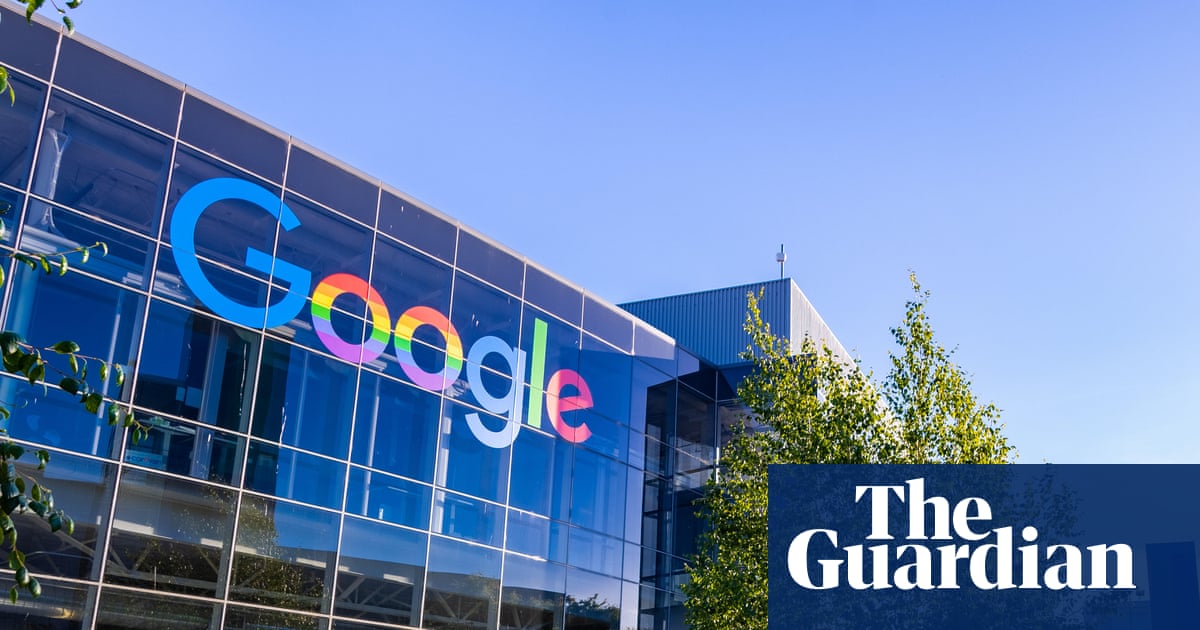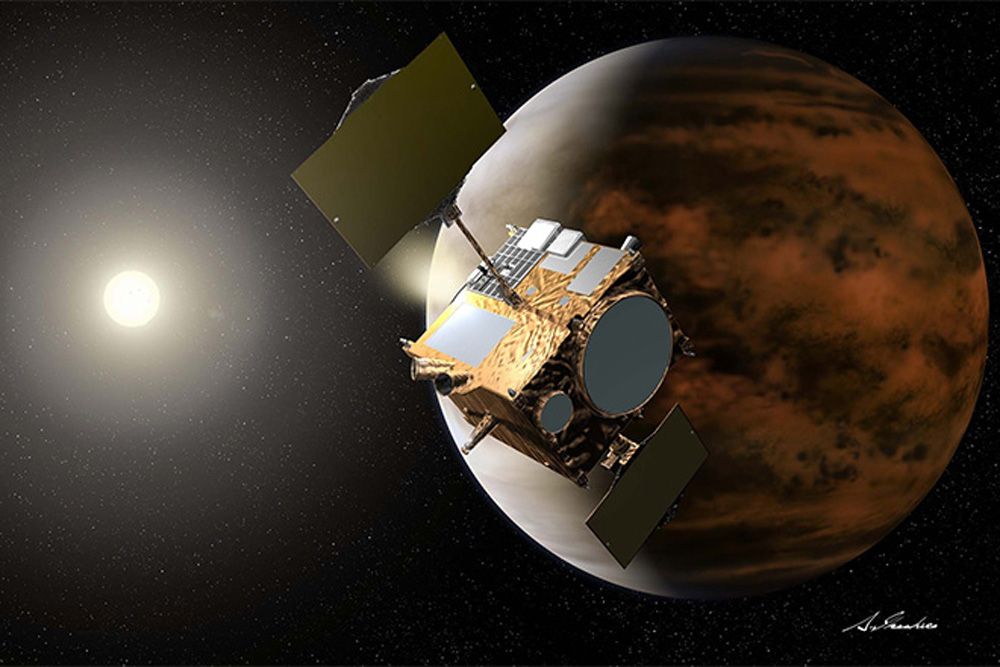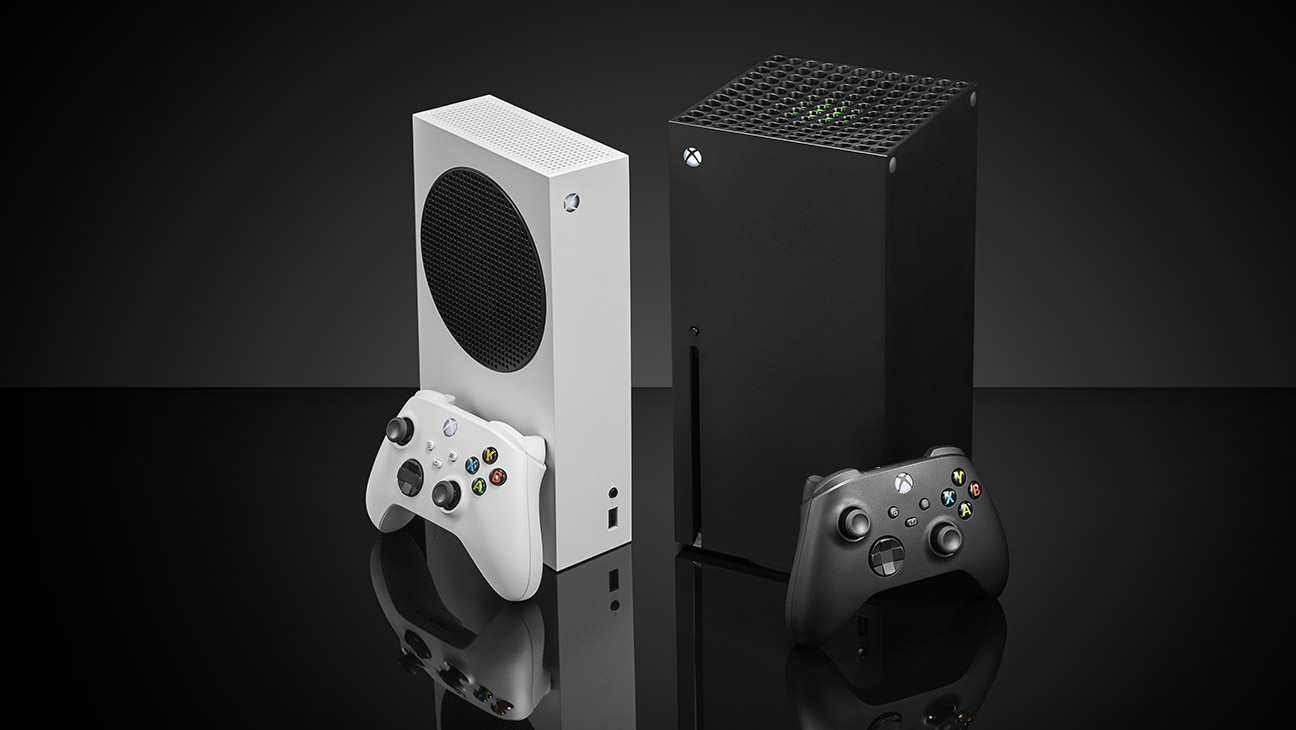Google’s parent company, Alphabet, displayed steady growth in its core advertising business and cloud computing division as it reported third-quarter earnings on Wednesday, beating Wall Street estimates as it reported its first quarter of $100bn in revenue.
The company thrilled Wall Street – shares rose in after-hours trading – even as it announced that it would spend billions more than previously predicted. Alphabet raised its capital expenditure guidance in financial filings, declaring it would spend between $91bn and $93bn in the upcoming year, nearly all of it on infrastructure like datacenters to support artificial intelligence products, which are becoming an integral part of the company’s business. That estimate is up from an original declaration of $75bn in February and a revised figure of $85bn announced in July.
The company reported total revenue of $102.35bn for the quarter, compared with analysts’ average estimate of $99.89bn, according to data compiled by LSEG.
Google Cloud remained one of Alphabet’s fastest-growing segments, benefiting from surging enterprise demand for AI-powered infrastructure and data analytics services. The unit posted revenue of $15.16bn, topping estimates of $14.72bn. The performance was likely boosted by burgeoning enterprise demand for its AI infrastructure.
The unit continues to close the gap with larger rivals Microsoft Azure and Amazon Web Services, aided by strong take-up of Vertex AI and custom tensor processing units.
Competition in the broader AI and cloud market is intensifying, with rivals aggressively cutting prices and introducing new generative-AI capabilities.
Alphabet’s advertising unit, which brings is the vast majority of the company’s revenue, has been competing in a crowded field of rivals vying for more ad dollars as lower interest rates are expected to lift the economy.
However, analysts have pointed to cautious spending from advertisers in some sectors who are grappling with economic uncertainty due to pressures from tariff costs and a rapidly evolving global trading landscape.
Still, Wall Street expects the company to benefit from advertisers moving away from experimental ad platforms like Snapchat and others.
after newsletter promotion
The results come just days after Microsoft and SoftBank Group-backed OpenAI unveiled its AI-powered Atlas browser, aimed at directly competing with Google’s core search engine and Chrome browser, the most popular in the world.
The launch represents one of the most significant challenges to Google’s search dominance in years and will be a key focus for investors listening for management’s response to the rising competitive threat to its most lucrative business.






